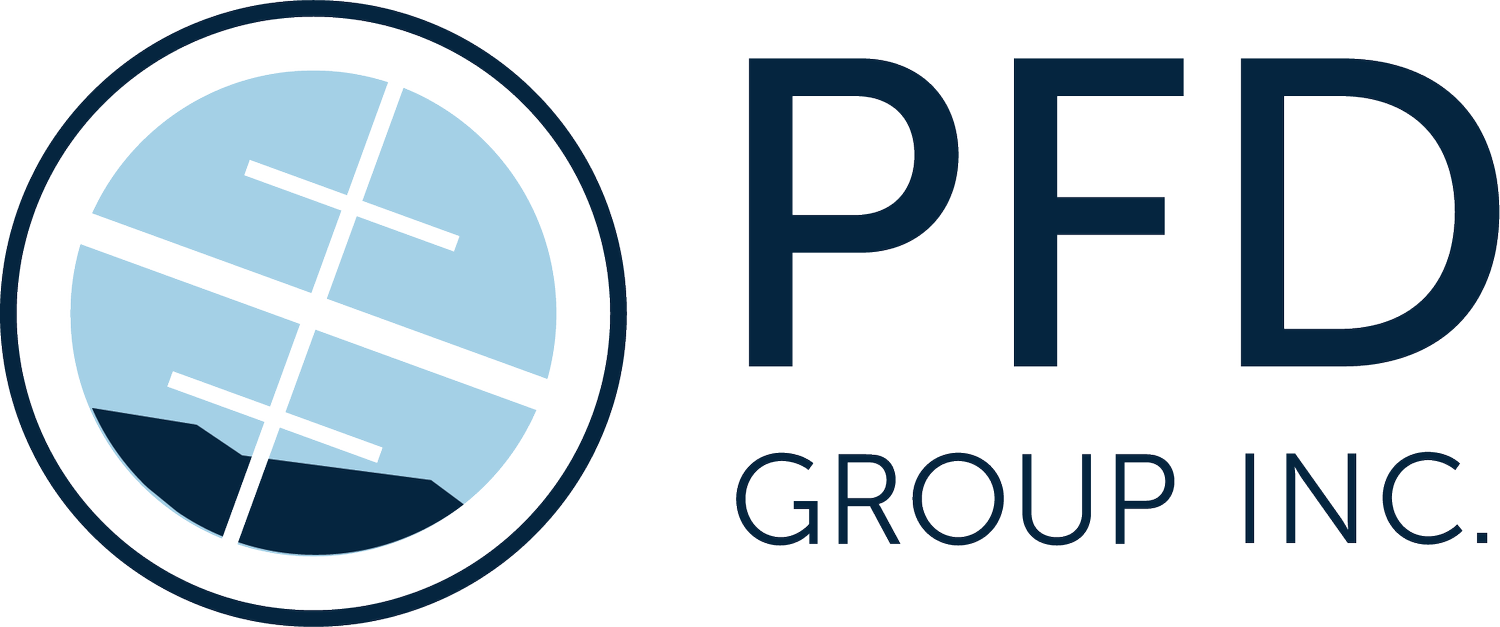In late March, inspired by an article posted at Forbes.com, business publications started publishing pieces on how Empathy is the Most Important Leadership Skill in 2022.
Empathy in Leadership is Not a Trend
Empathy has been an important skill set for effective leaders since well before 2022, with plenty of research and studies to back that up. The topic is such an important one that even the World Economic Forum reported on it, highlighting a 2021 study conducted by not-for-profit organization Catalyst, which advocates for more women in leadership positions.
Catalyst surveyed nearly 900 US employees during the COVID19 pandemic and found significantly more engagement by employees who work with empathic senior leaders.
76% of people with highly empathic senior leaders reported always or often feeling engaged at work. Conversely, only 32% of people who work with less empathic senior leaders feel engaged at work.
Benefits of Empathy
Engaged employees are important employees because they are consistently more productive and more efficient and they have a higher retention rate.
A lack of empathy in leadership is at least partially responsible for driving the record number of people leaving their jobs in the post-COVID era, according to noted professional services company Ernst & Young Americas. The EY study found that 41% of survey respondents look for an empathetic leader to be open and transparent.
What is Empathy?
Catalyst calls empathy the “skill of (1) connecting with others to identify and understand their thoughts, perspectives, and emotions; and (2) demonstrating that understanding with intention, care, and concern. An empathic leader is a leader who demonstrates care, concern, and understanding for employees’ life circumstances.”
Core Clarity
At PFD Group, we know that when we take the time to really understand our team, they feel more seen and they become happier and more productive. Coaching with empathy means focusing more on team player strengths and less on their weaknesses. After all, no one wants to work in a place where they're constantly being reminded of their weaknesses.
To help identify our team strengths, we use Core Clarity, a training program based on the CliftonStrengths assessment, which helps people clarify who they are at their core so they can be their best selves at home and at work.
When individuals are equipped with the tools they need to operate at their best, teams are transformed.
The assessment categorizes each individual against 34 characteristics. A resulting report provides employers with insights on each employee’s top five strengths and how each person can best contribute according to those strengths.
Looking at a catalog of CliftonStrengths assessments across all team members can also help leadership identify where the company weaknesses are. If too many employees fall into the “executing” category, then we may need to focus on hiring people in the “strategic building” category.
There are other assessments, like the Myers-Briggs assessment, but we find Core Clarity best focuses on the strengths that make people more productive.
The Personal Touch
For us, the assessment is just a start to leading with empathy because it helps us understand our employees’ strengths and talents. Being an empathetic leader means that we get to know what drives each individual on a personal level and we work with that information to help employees fulfill their potential.
One method we recommend is having each employee build a vision board. It reminds everyone of their “North Star” or the path to their personal goals.
And yes, building a vision board is a company-wide exercise. See below the Vision Board of our CEO Ethan Martin, who emphasizes the great outdoors and lots of activity in his vision.
Having a vision board helps provide guidance for everyone, even when we get distracted or lose our motivation due to events beyond our control. And many times, especially in mission-driven organizations, each person’s North Star relates to how they wish to be fulfilled by work.
In addition to the Vision Board, we also encourage our team members to develop a one-page personal plan. For inspiration on getting started, you can download our free Legacy Vision Tool.
Finally, we ensure that we make the time to have meaningful one-on-one conversations with our team members-. These checkins aren’t always in a formalized meeting setting, but they give us the time and the space to talk about what drives us. Which gives our leadership better insights on how we can coach our employees.
If you’re looking to build a more empathic leadership style, PFD Group can help! Contact us now for more information or to set up an exploratory call.


